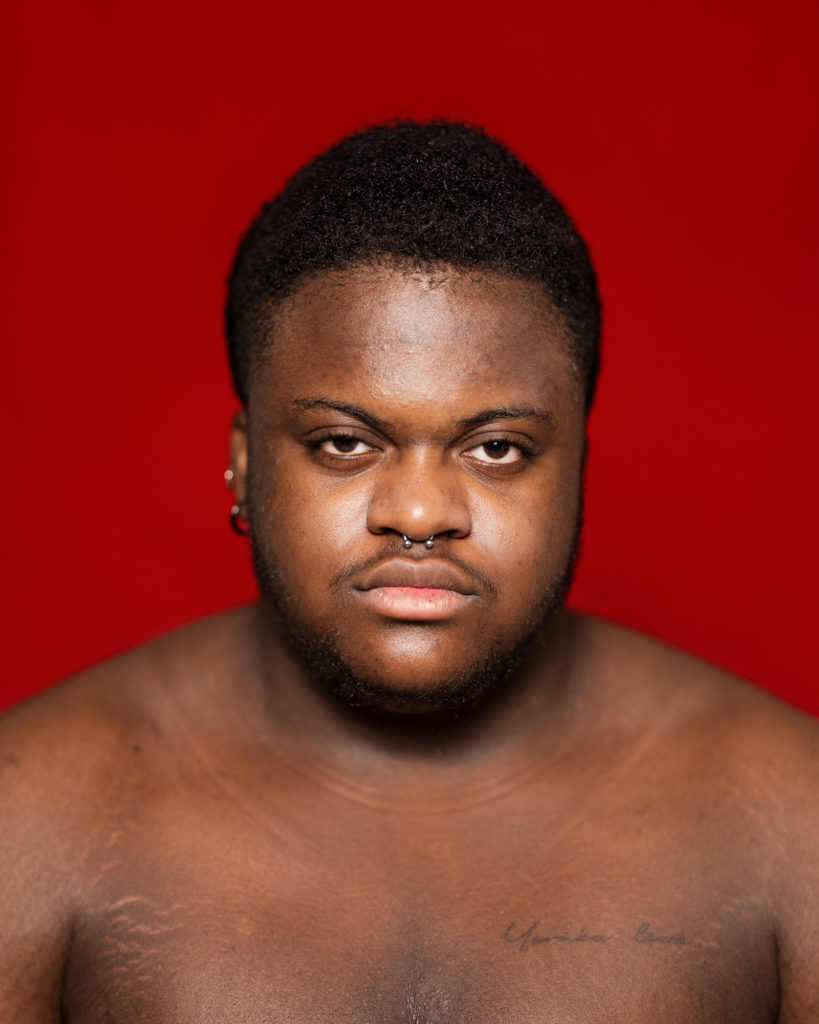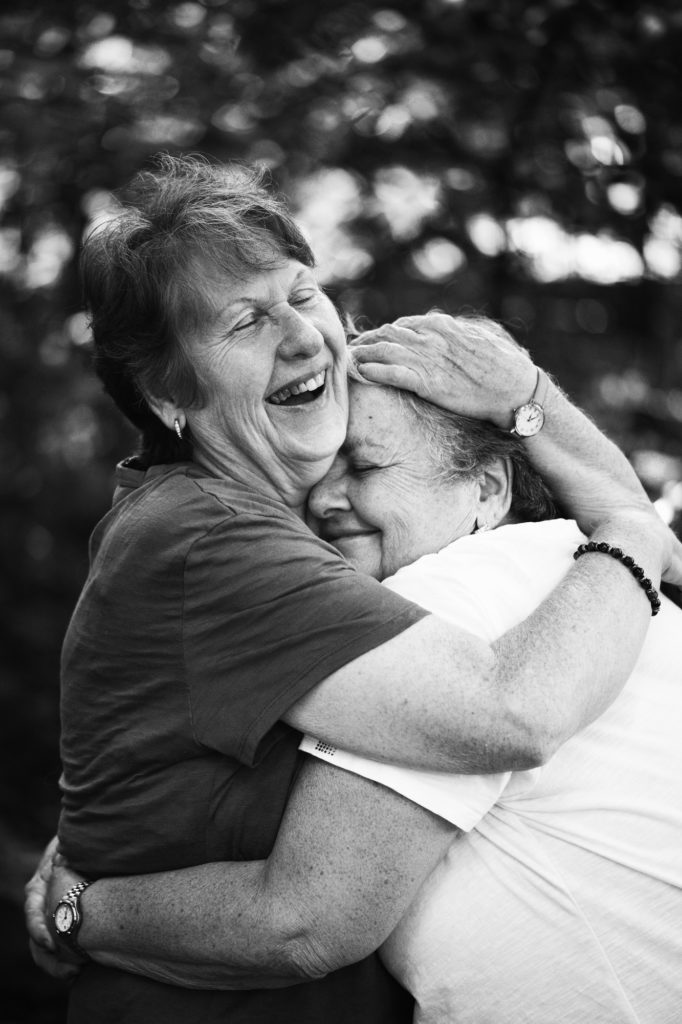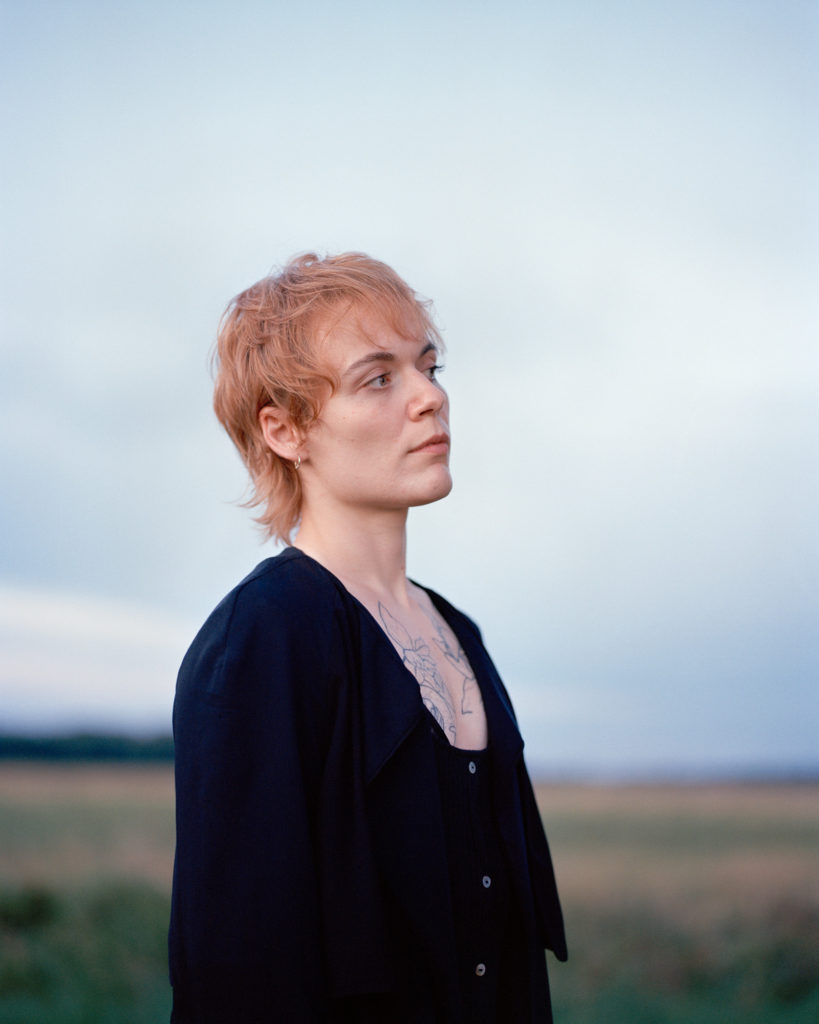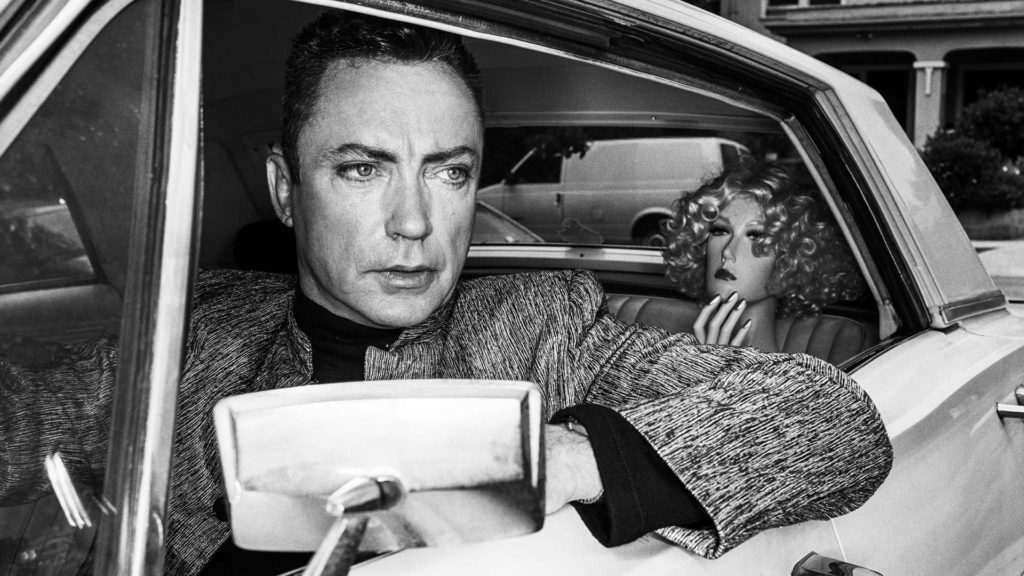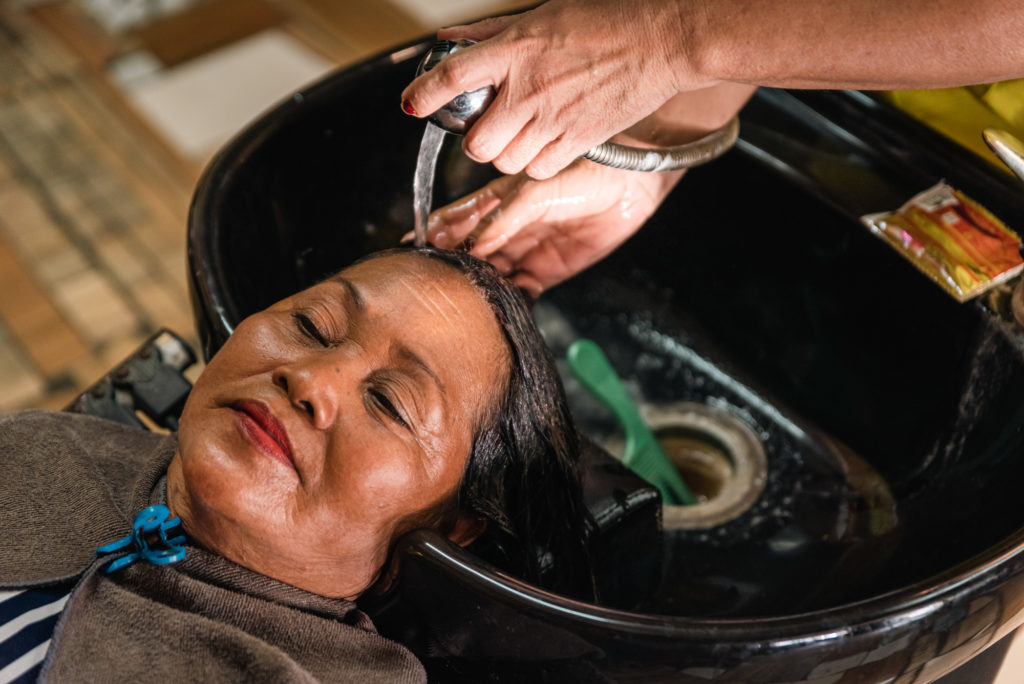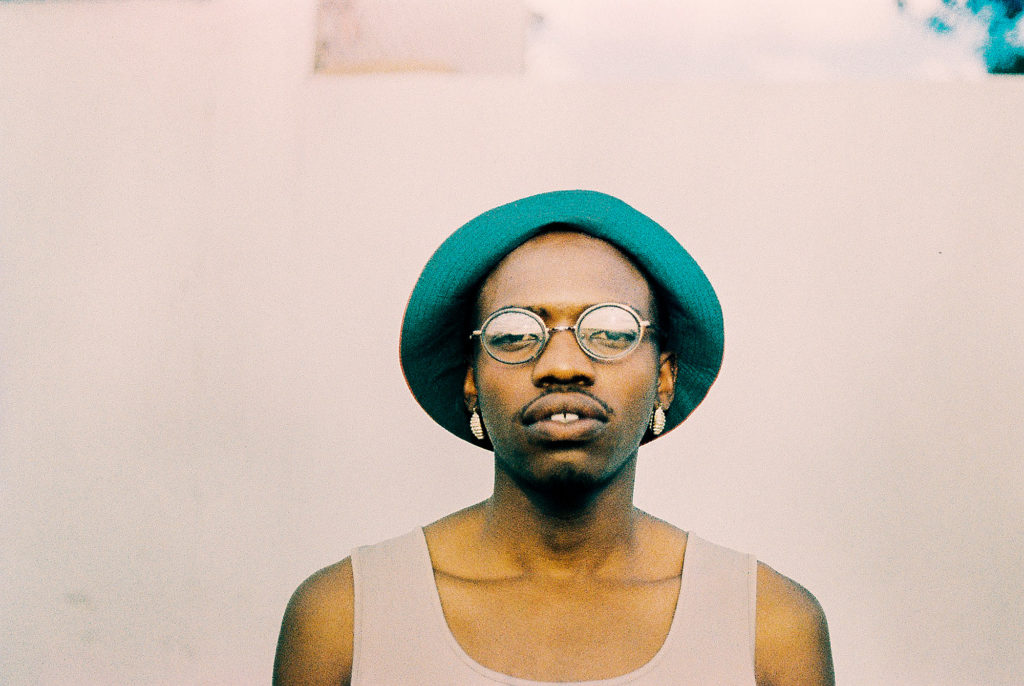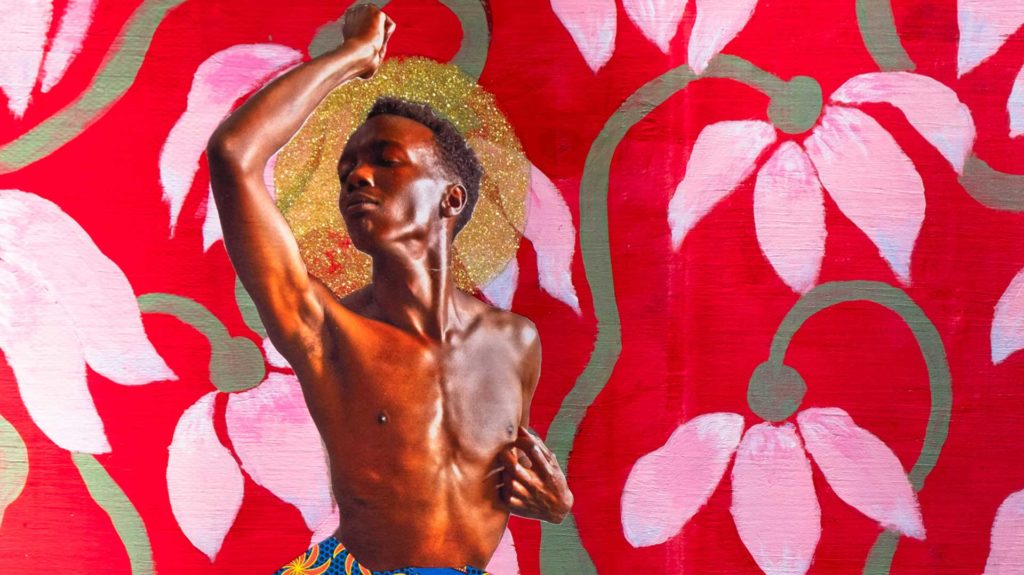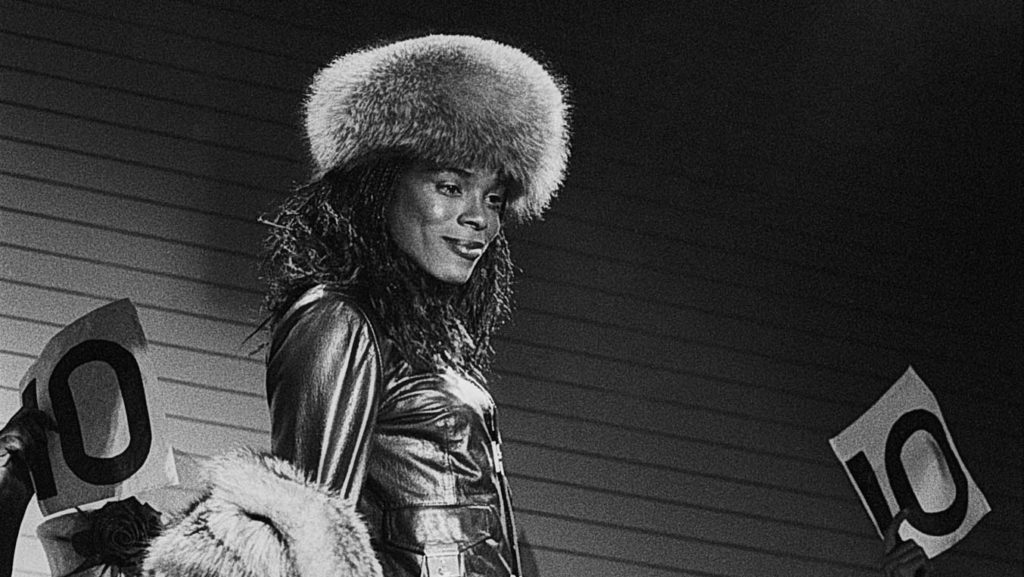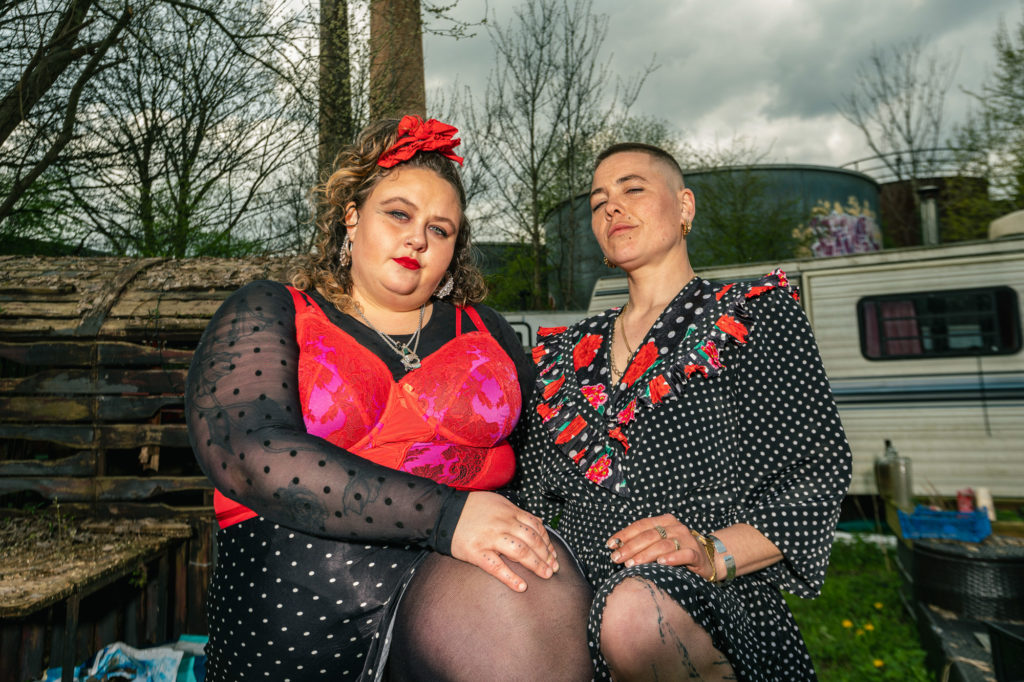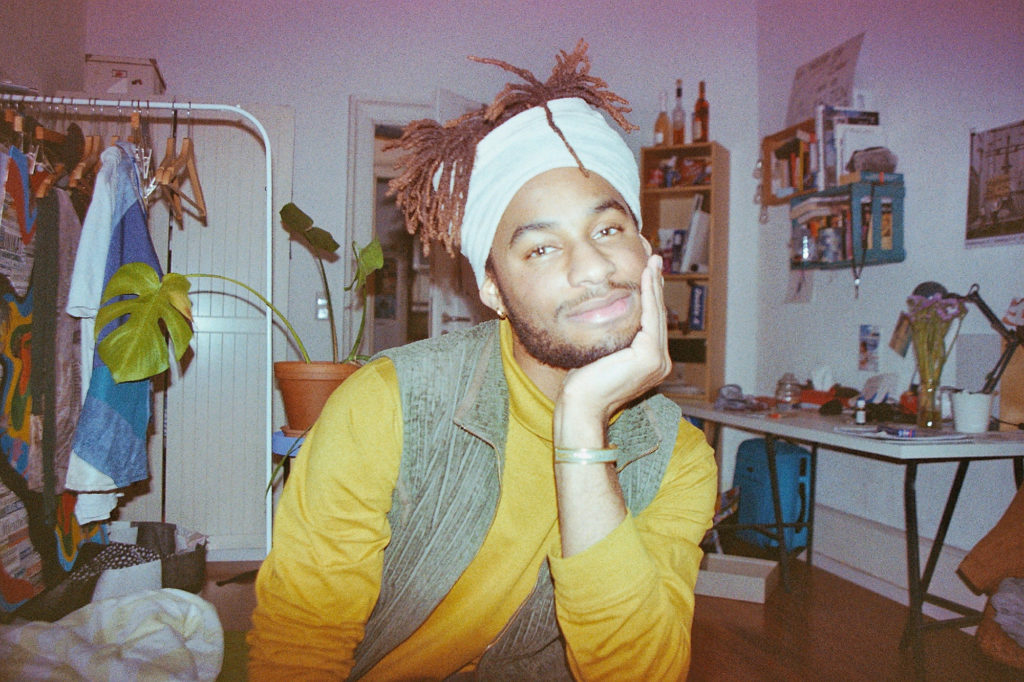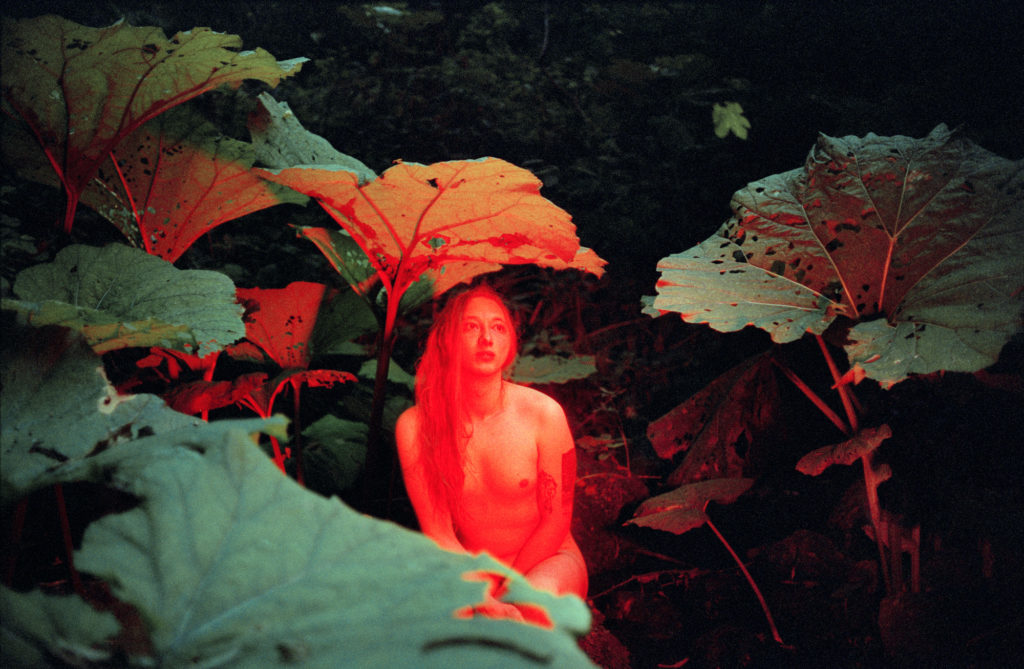JURY STATEMENT
In a particularly fluid and poetic way, Cansu Yıldıran sheds light on queer people who have been subjected to violence. Through the use of documentary imaginations, Cansu Yıldıran creates a kind of mythical space for the empathetic, loving commemoration of heroes whose names have not (yet) been commemorated. Their stories are in danger of being lost as brief, objectifying victim stories. Queer heroes as powerful mythical creatures in an uncanny, but certainly utopian, shimmering visual realm.
FATHOM
Cansu Yıldıran chooses „Fathom“, to comprehend, to grasp, as the title for their docu-fiction series to tell the stories of murdered queer people in Turkey. The series reads like fairy tales of greens, reds and pinks in front of dark backgrounds that seem to try to swallow the persistent color pops. The scenes are mystical, unflinching and poetically ambiguous. The poetry in the visual language, the flowing color fields, the soft contours and the dark but not entirely black vents in the background, create space for untold possibilities – fantastical, fluid tales that assert themselves. Documentation and staging are inherent to the medium of photography. Poles that create tension. Portraits are defined by the fact that they show clearly recognizable, identifiable people from society, literature or religion, grand personalities of history. Cansu Yıldıran takes up this constellation and politicizes it by interweaving identification, clear recognizability with a sense of expansiveness and narrative twilight. The uncanniness of Yıldıran’s imagined portraits draws very real human connections: “Via staged documentary photographs, I took imaginary portraits of lgbtqia+ individuals who lost their lives due to human rights violations and hate crimes, reflected on surviving members of the LGBTQIA+ community. This is because I believe that there is a strong flow between those who were killed and those who survived; those that now carry all this struggle and suffering. Each generation inherits the dreams of the previous generation and lives these dreams that perhaps those who are no longer among us were able to realize.”
BIOGRAPHY
Cansu Yıldıran’s (Istanbul, 1996) art practice can be regarded as a persistent and passionate quest for ‚home.‘ Throughout this journey in pursuit of the concept of home, the stops can be a body, a place, an emotion, friends, or a community. Yıldıran documents various stories and stages non-normative tales and rituals through visual arts, drawing inspiration from personal experiences as they narrate their stories. While the starting point of their stories may originate from personal connections and concerns, they also draw inspiration from social movements, collective memory and oral history delving and gaining layers through and prolonged examination ““Yıldıran’s artistic practice focuses on provoking thoughts and establishing emotional connections with the audience. Through their unique narrative style and visual aesthetics, they aim to explore the depths of meaning in everyday life.” In 2024, Cansu won the Foam Talent 2024-2025 and Pride Photo Foundation. In 2023, they was nominated for the Foam Paul Huf Award. In 2022, they was awarded the Women Photograph Project Grants. In 2021, they clinched the first place in the Resistance category of the All Out Photography Award and was shortlisted for the Main Prize of the 2021 PH Museum Photography Grant. In 2018, they was selected for the World Press Photo Joop Swart Masterclass.
(biography provided by artist)
